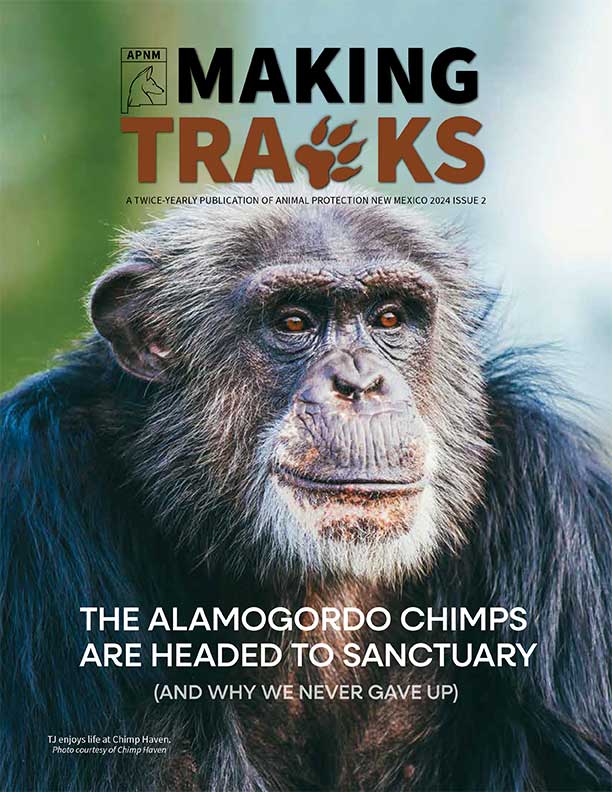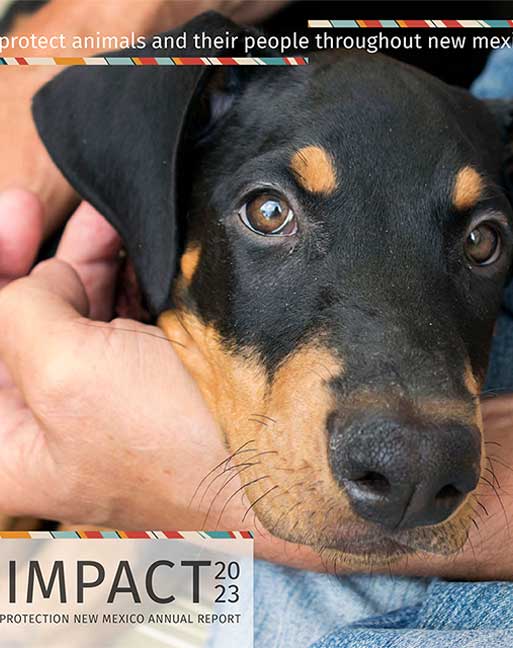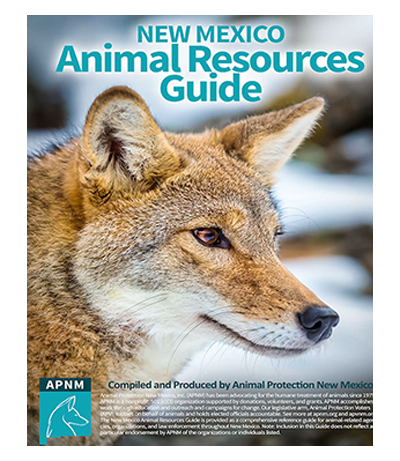

Ingredients
- 4 tablespoons high quality cooking oil (coconut oil makes a wonderful sautéing oil)
- 1 medium onion, diced
- 2 carrots, diced
- 1 stalk celery, diced
- 1 sweet red bell pepper, diced
- 5 to 6 cups vegetable stock
- 1 dried chipotle pepper, diced
- ½ teaspoon dried thyme
- 2 potatoes, cut into small chunks
- 1 bag frozen corn (equivalent to about 6 ears of corn)
- 2 tablespoons minced fresh chives (or dried and rehydrated)
- 1 ½ teaspoons salt (or to taste)
- black pepper, to taste
- 1 ½ cups cashew cream*
*Cashew Cream
Rinse about 1 ½ cups raw cashews, add enough cold water to cover them, cover the bowl and soak for about 8 hours in the refrigerator. Drain the cashews, rinse again, then place in a food processor with enough cold water to cover them by one inch and blend until very smooth.
Adapted from a recipe for Corn Chowder in The Conscious Cook by renowned chef, Tal Ronnen, this delicious meal makes use of a summer staple, corn. Organic ingredients are always preferable. Serves six.
- Cut a small slit towards stem end of chiles. Remove seeds if desired. Stuff the chiles with as much cheese (or avocado) as you wish through the tear. Then close up the tear with a toothpick.
- In a bowl whisk the aquafaba until it looks foamy. Once foamy, slowly whisk in 1/2 cup of flour while continuing to whisk. You should end up with a foamy batter. Put the rest of the flour in another bowl.
- In a frying pan, heat the oil on medium-high heat.
- Roll chiles in flour dusting both sides, then dip them in the foamy batter.
- Right after you batter each chile, put it in the hot oil. Fry chiles for about 1 minute on each side.
- Once ready, remove chiles from pan and set them on a plate lined with paper towels to absorb some of the oil.
- Serve with toppings of choice. Rellenos are usually served with a side of pinto beans, Spanish rice, and/or papas.




